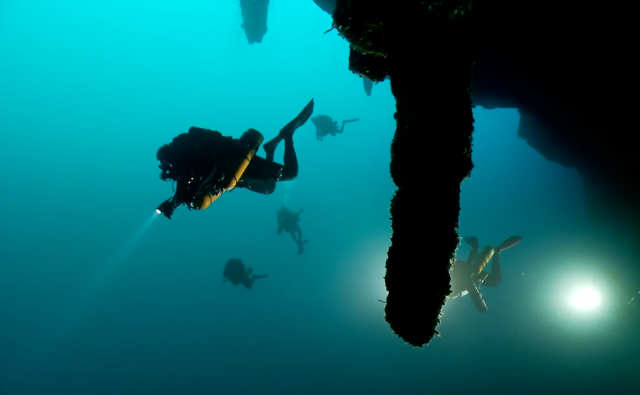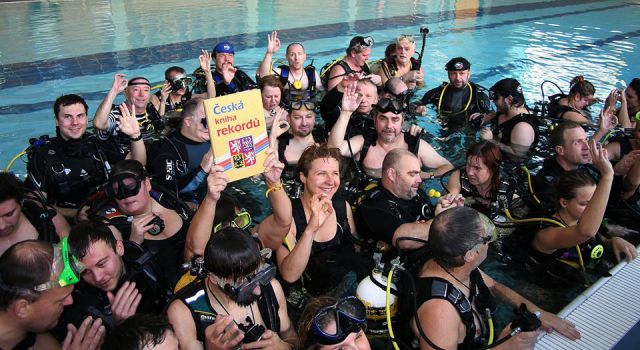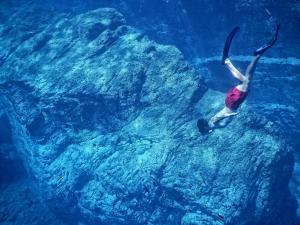Ningaloo Reef: Swimming with the Whale Sharks
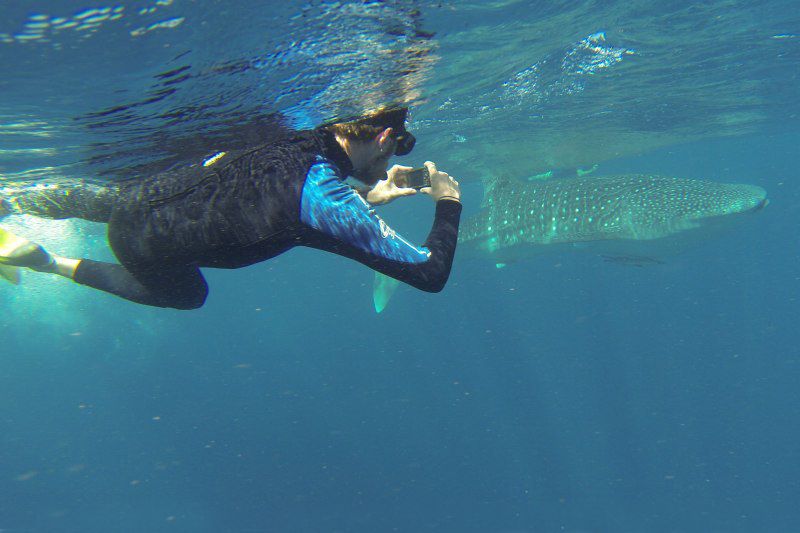
Ningaloo Reef stands comparison with the Great Barrier Reef in its outstanding beauty and abundance of species; it's an incredible aquatic environment filled with a high level of terrestrial species endemism and high marine species diversity. Although this largest fringing reef in the world is accessed just by stepping off the beach, its remoteness meant that it has been historically relatively protected from human pressure. Declared as a marine protected area since 1987, Ningaloo is still in good condition compared to other reefs, and in 2006, researchers from the Australian Institute of Marine Science discovered in the marine park’s deeper waters gardens of sponges that are thought to be species completely new to science.
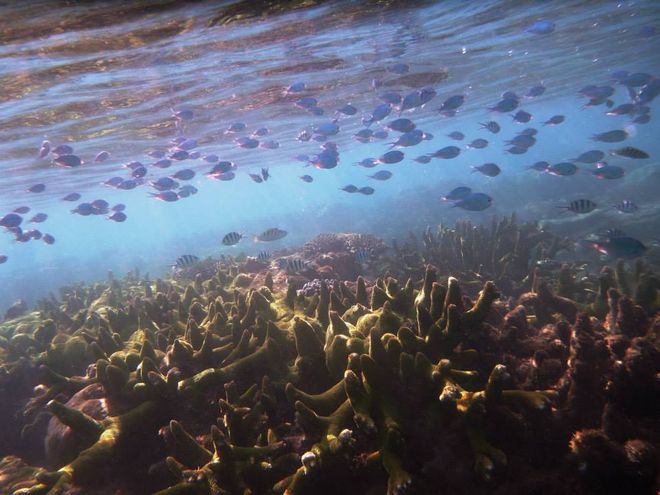
Stretching approximately 300 kilometres along the west coast of the Cape Range Peninsula near Exmouth, the Ningaloo Marine Park offers a colourful scenery beneath the surface of the Indian Ocean that gives us plenty of diving opportunities. One of the "sought-after" dives is without doubt the one of swimming beside a Whale Shark. Nothing can compare tp the thrill of meeting this colossus; individuals average over nine metres (30’) in length and weigh up to nine tonne (20,000lb).
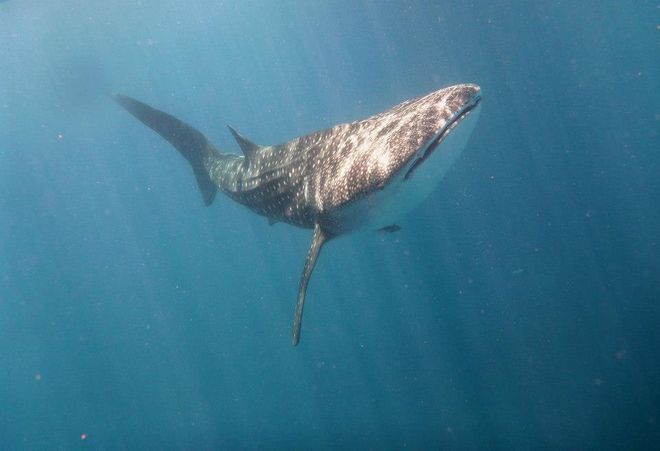
Thought to mainly inhabit worldwide temperate and tropical seas, it is rarely seen in shallow coastal waters, but is a daily visitor to the Ningaloo Reef every year between late March to July when up to 30 whale sharks have been spotted close to the reef feeding on the plankton in the nutrient rich waters.
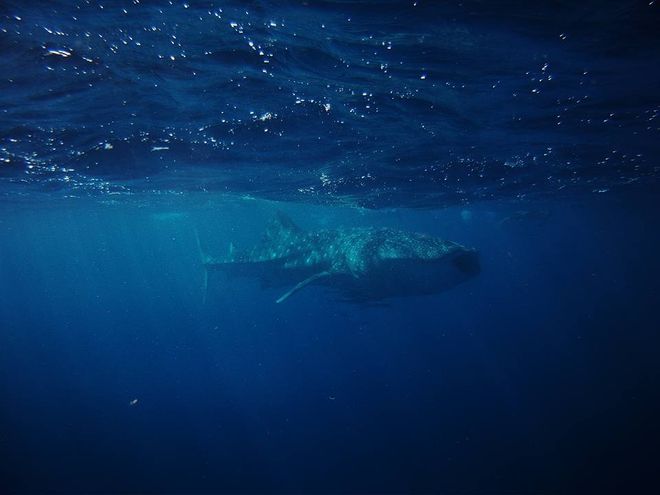
If you'd like to swim alongside these giant plankton feeders, then grab an opportunity of a lifetime and head to Exmouth or Coral Bay to experience what you will never forget. And Ningaloo Whaleshark Swim team from Exmouth might be a good tip to seek to spot some. Sightings of whale sharks are almost guaranteed here, but in case you do not get to see any as they cannot be found that day, Exmouth Diving Centre gives everyone a free repeat on their next available tour. No cost and the offer is valid for 3 years. All in all, Ningaloo Whaleshark Swim Team will have you covered though. Chances that you will not end up swimming with your gentle giant are small; the team is using their own spotter plane, upping your chances to a maximum. After all, it's their aim to make your day a fun and memorable occasion.
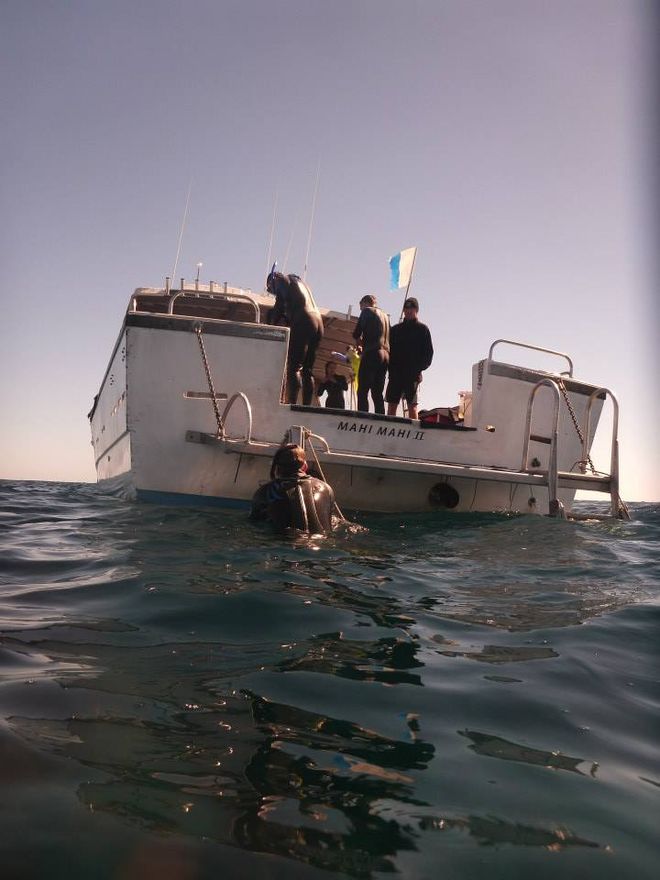
Apart from Whale Sharks, the reef is also rich in coral and other marine life. Perhaps some of the most spectacular animals associated with coral reefs are the varied and often brightly coloured fish. "We also have regular sightings of Manta Rays, Dugongs, Dolphins, Turtles, and Humpback Whales visit between August and October", says Danielle Middleton of Exmouth Dive Centre.
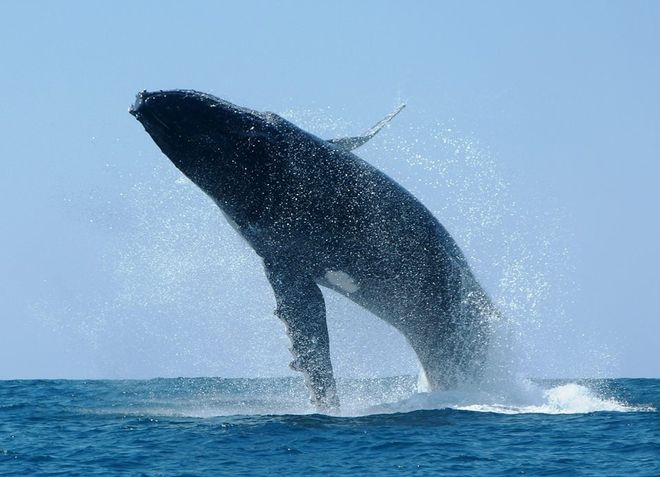
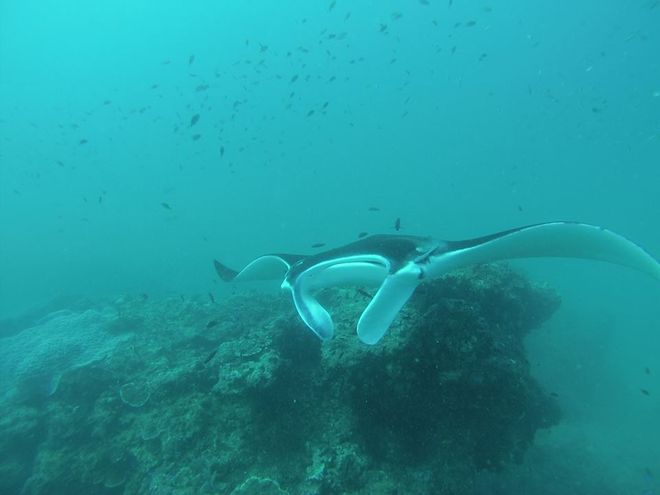
"With the town of Exmouth being situated on a peninsular with an east, west AND north facing coast, we have 100’s of spectacular dive sites to visit on the Ningaloo Reef spread out over a vast area. This gives us the flexibility to choose the dive sites best suited to the weather conditions," Danielle continues.
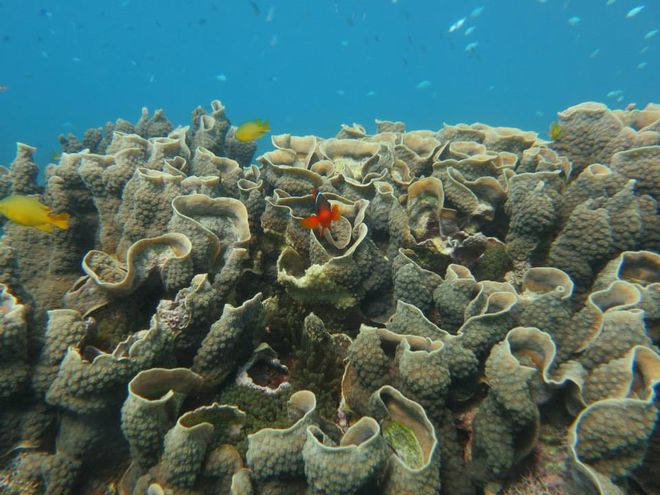
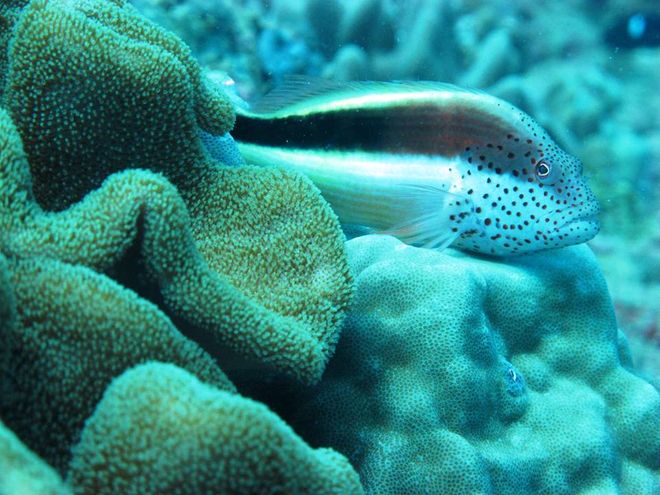
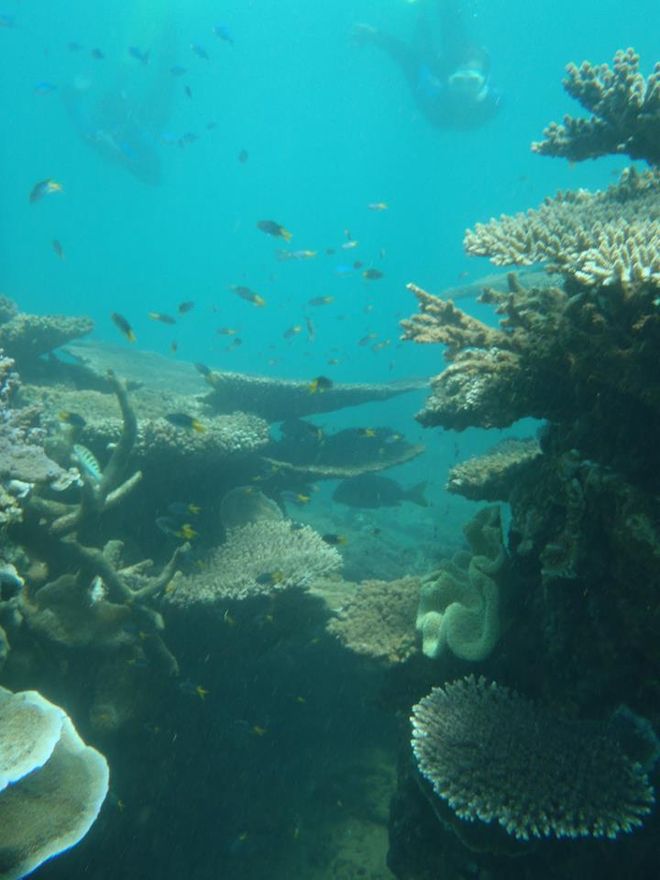
Exmouth Diving Centre also frequently visit the Muiron Islands which is approximately 30kms north of the townsite to view spectacular pristine soft coral gardens
If you will come to North West Cape to dive or at least snorkel the reef to see coral and other marine life, check the Exmouth Diving Centre out, these professionals know their coral reef like the palm of their hand.
Photos: © EDC
Source: http://www.exmouthdiving.com.au






